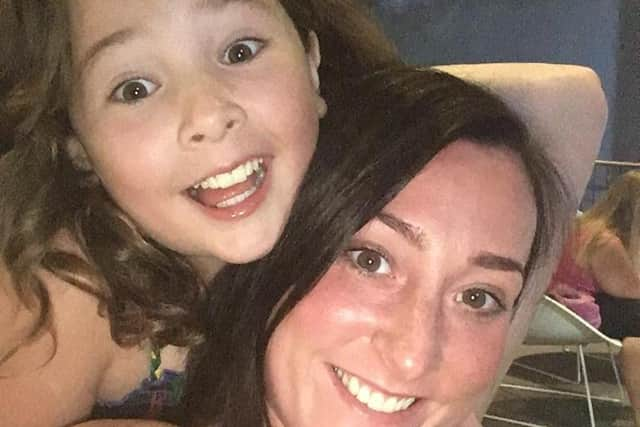Scottish hospital inquiry: Many parents lost faith in Glasgow's QEUH site as safe place for care
The Scottish Hospitals Inquiry began hearing evidence on Monday into problems at two flagship Scottish hospitals that contributed to the deaths of two children.
It is investigating the construction of the Queen Elizabeth University Hospital (QEUH) campus in Glasgow and the Royal Hospital for Children and Young People and Department of Clinical Neurosciences in Edinburgh.


Advertisement
Hide AdAdvertisement
Hide AdThe inquiry was ordered after patients at the Glasgow hospital died from infections linked to pigeon droppings and the water supply, and the opening of the Edinburgh site was delayed due to concerns over the ventilation system.
Steve Love QC is appearing on behalf of 54 parents or family members of patients, represented by Thompsons Solicitors Scotland, who were or are still being treated on the children’s cancer ward and neonatal unit at QEUH.
In his opening statement, he said: “The children of those we represent were admitted to hospital for treatment for serious illnesses such as conditions like leukaemia and other cancers as well as other serious medical issues and they reasonably expected that the best possible medical care and treatment would be provided for their children in a suitably safe and clean hospital environment.
“Your Lordship will be told that what they in fact faced was serious infections, life-threatening additional illnesses and a catalogue of other problems as a result of the hospital environment, the hospital water supply and the conduct of some of the medical staff there.”
Mr Love said “significant numbers” suffered infection from 2017 onwards and that parents “could not believe that the hospital environment was as far as they were concerned making their already sick children more ill”.
He said: “Parents of the children affected want answers for what happened, what went wrong and why.
“Many of them have lost faith in the hospital as a safe place for their children to be treated.”
He added: “They put all of their trust and faith in the NHS. They trusted the doctors and the nurses to whom they turned, they trusted their expertise, they trusted their honesty, they trusted that their loved ones would receive the best care available in a safe environment. They were let down.”
Advertisement
Hide AdAdvertisement
Hide AdEarlier this year, an independent review found the deaths of two children at QEUH were at least in part the result of infections linked to the hospital environment.
The review investigated 118 episodes of serious bacterial infection in 84 children and young people who received treatment for blood disease, cancer or related conditions at the Royal Hospital for Children at the campus.
It found a third of these infections were “most likely” to have been linked to the hospital environment.
Two of 22 deaths were, “at least in part”, the result of their infection, it said.
Kimberly Darroch, the mother of ten-year-old Milly Main who died in the QEUH in 2017 after contracting an infection, has led calls for further investigation into issues at the hospital.
The opening of the Edinburgh children’s hospital – due to take place in 2019 – had to be delayed after the Scottish Government was alerted to safety issues.
Comments
Want to join the conversation? Please or to comment on this article.
